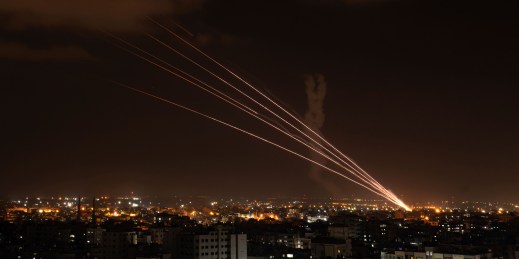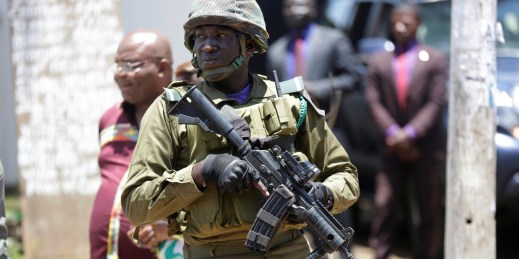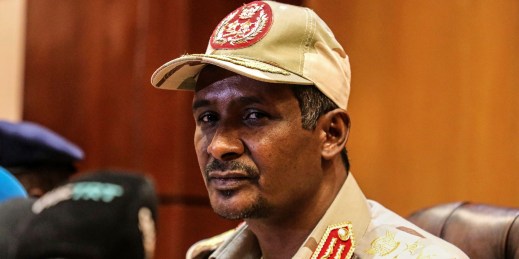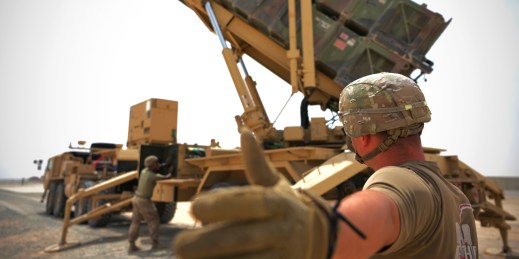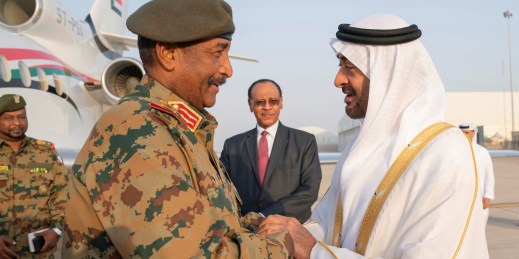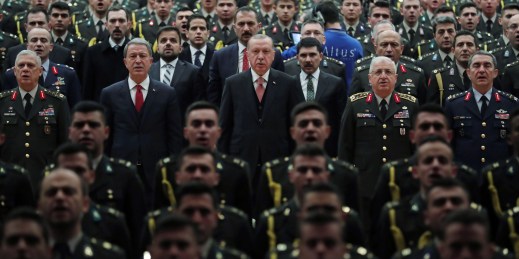
During the final stages of Turkey’s elections, many observers pointed to distant moments from the country’s history to explain its contemporary political conflicts. One more recent event was particularly crucial to reinforcing the social polarization tearing at Turkish society today: the military coup of September 1980.

